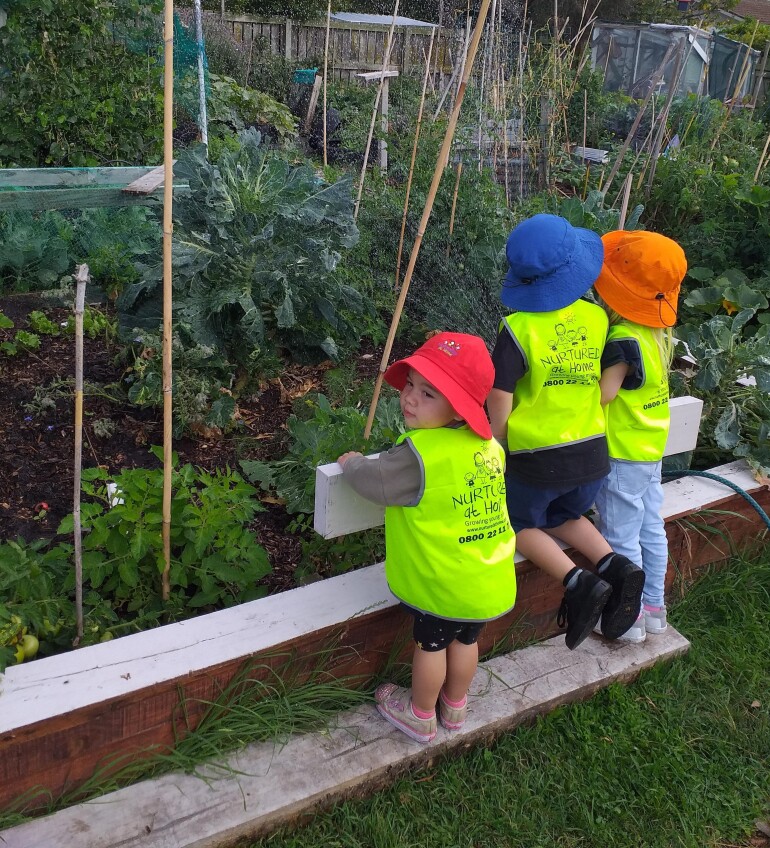News And Events

Learning About Plant Life Cycles
23 November 2023We’re focusing on the Science curriculum and investigating the life cycles of plants! The plant life cycle is important to agriculture for the food we eat. Farmers are plant cycle professionals, tending to their planting and growth, so we can enjoy the fruit or vegetable it produces. Farmers know the life cycle of every plant they grow and harvest. The plant life cycle is important for us to learn about too, so we can grow our own fruit and vegetables to nourish our bodies.
The fruit and vegetables we eat come from different parts of the life cycle of various plants, such as roots, stems, leaves, flowers, fruit and seeds. There is a good botany lesson to be found in food on our plate, which may include a few surprises. For example, if it has seeds in it, to a botanist it is a fruit – that includes tomato, pumpkin and cucumber.
What are the 5 stages of plant life cycle?
They follow a cyclic process of starting a new life, growing, and then coming back to the starting stage (reproducing). There are the 5 stages of plant life cycle - the seed, germination, growth, reproduction, pollination, and seed spreading stages.
What can children learn from life cycles?
Focusing on the life cycle naturally leads to an understanding and appreciation of growth and change. Children can begin to recognise their own growth and development and begin to mark their own personal and shared milestones, including losing teeth, outgrowing clothes and other transitions throughout childhood.
Information from www.sciencelearn.org.nz
There are many other living world life cycles to explore and learn about – animal, insect, fungi, ocean/marine, star, etc. Investigating different life cycles encourages us to think about the world around us and how everything interacts.


